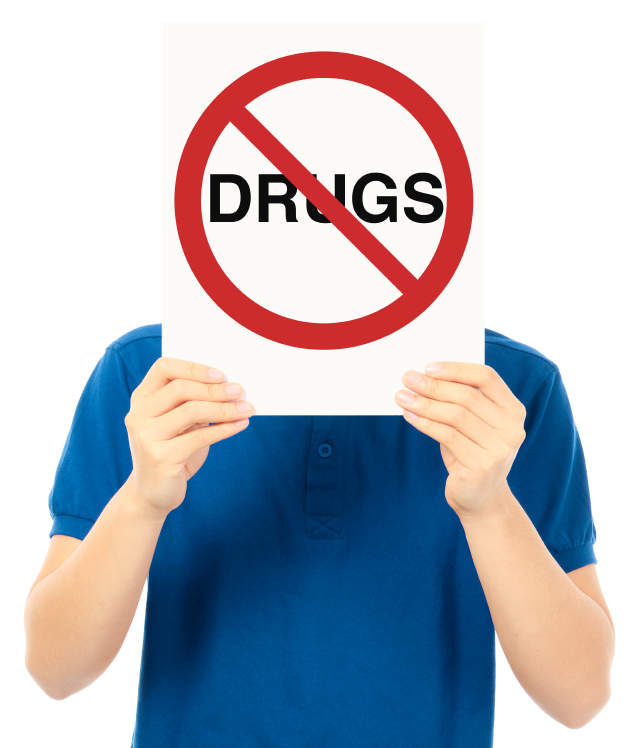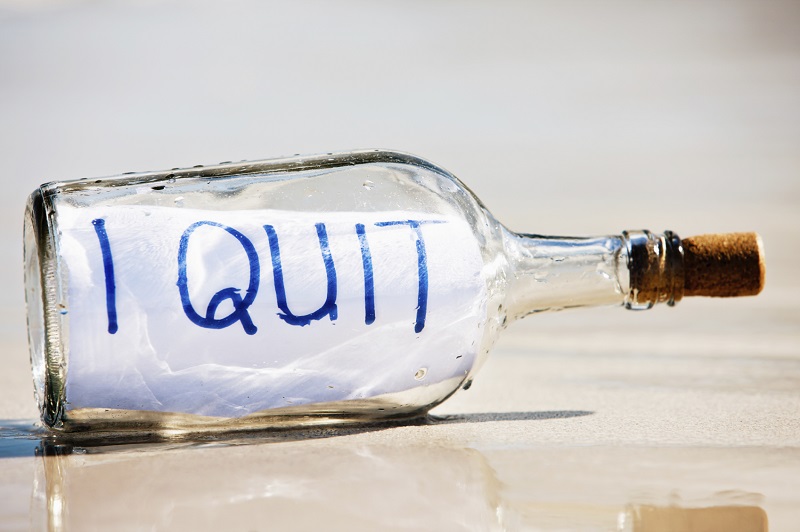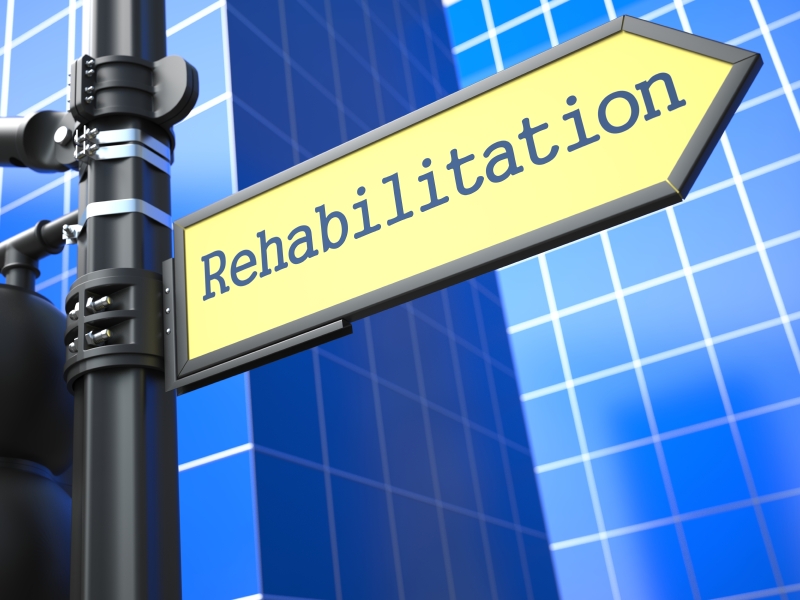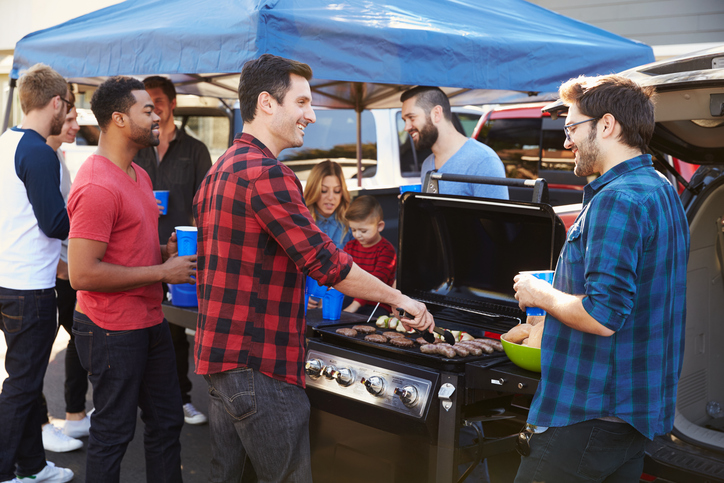
Addiction is one of the toughest conditions to get through. It’s not just that you’re fighting your body – in many cases, you’re fighting against your own will. Being an addict isn’t easy, and it’s never a choice. It’s the absence of choice, and addiction affects more than just you.
What makes it even harder is that it isn’t an isolated condition. Sometimes, addicts find solace in the idea that, by giving up, they’re not really hurting anyone except themselves. After all, if addiction really is a choice, then they have the right to choose to live their lives this way.
While that’s true, addiction affects far more people than just yourself. If you’re struggling with addiction, then never forget that it’s not just about getting better for your own sake.
Addiction Affects Your Dependents
Most adults are responsible, not because of some intrinsic personal quality, but because responsibility is something most of us are given at a certain point in our lives when others begin to rely on us and our ability to provide for them. If you have a pet, a child, a disabled family member or elderly relative, then you are responsible for them, either single-handedly or alongside others.
Your dependents pay the highest price when you begin to lose the ability to care for them. Addiction doesn’t just hurt you and take away from your ability to live in this scenario – addiction affects them directly, and puts them in harms way. No child wants to grow up alongside someone struggling with addiction – and your beloved pet will lose the person they fell in love with in the first place.
Addiction Affects Your Marriage
This doesn’t just go for couples who tied the knot – if you made a long-term commitment to someone else, then addiction affects the relationship and will often lead to a growing fragility and possible break in that commitment. Relationships are demanding and the way addiction affects them is never positively.
To be with someone, you must take into consideration that they’re different from you, and you two must work together to overcome those differences, reach compromises, and live together in a way that keeps you both happy and satisfied. That means making sacrifices to certain personal goals, and it can oftentimes mean having to make selfless decisions.
That’s hard to do when addiction drives you to fulfill your inner need for the next high, more than anything else. When you stop putting your significant other first, and addiction affects the relationship by taking over, then the relationship can quickly devolve into an utter mess.
Addiction Affects Your Family
Beyond your immediate partner, your relationships with the rest of the family can also be greatly influenced and your addiction affects everyone in it. In fact, it’s not uncommon for familial ties to sour when addiction begins to take over.
Think about it – your loved ones are losing someone they’ve cared for, for many years. Beyond that, struggling with an addiction often means becoming more distant from others as you find yourself caught in a rollercoaster of emotions. If you struggle to stay sober and find yourself frequently caught in a cycle of withdrawal and relapse, then the emotional toll that has on you is reflected on those around you, as most people become prone to acting out under these circumstances.
Sure, not everyone has a great relationship with their family to begin with. In fact, in some cases, your old family might even be the root cause behind many personal issues, anxieties and difficulties. In that case, the last thing you want is to seek closure through them. But that doesn’t mean that you don’t stand to lose something.
Addiction Affects Your Friends
Friends are like a second family – or, in other words, the family we choose. The bonds we create with our friends can last entire lifetimes, and in some cases, they can be stronger than the bonds we share with our family. That makes it that much more painful when an addiction affects you and causes you to damage and risk those bonds.
Good friends care about you. Good friends will vehemently defend you. And they’ll fight you day and night if they think you’re doing something that’ll end up hurting you. A real friend will have your best interests at heart – and they’ll often not be able to stomach seeing you slip further and further into addiction.
Even if addiction affects your relationship, if you prove to them that you’re willing to fight that addiction – even just a little bit – then they’ll help you with everything they have to offer. And that kind of friendship can save your life, more than once.
Addiction Affects Your Career
We all need to work – not just to feed ourselves, but to stay sane. If we’re not doing something meaningful or useful with our lives, we’ll struggle to find a reason to live. In some cases, your career might even be the centerpiece to that struggle, if you find yourself working in a position you loathe. But if addiction affects your work and takes a hold of you because of some other tragedy, then you might find yourself fall behind in your work and lose your shot at a career entirely.
To some, that can be the greatest loss of all – seeing your life’s work fade away over your addiction. The only way to avoid that is to overcome your addiction as quickly as possible – and use your career as a tool to do so.
To some, that might in and of itself be enough motivation to get through the entire journey. For others, that might be a little intimidating – along with everything else in this list. But it’s not all dread and gloom. Just like how addiction affects others around you, it’s in their best interest to help you get better – and if you’re open to their help, and never give up, you’ll always have a shot at complete recovery. If you find you need a little extra push to stay sober, consider checking out a Houston men’s sober living or women’s recovery home to meet like minded individuals and for a supportive group of friends who also value sobriety.









